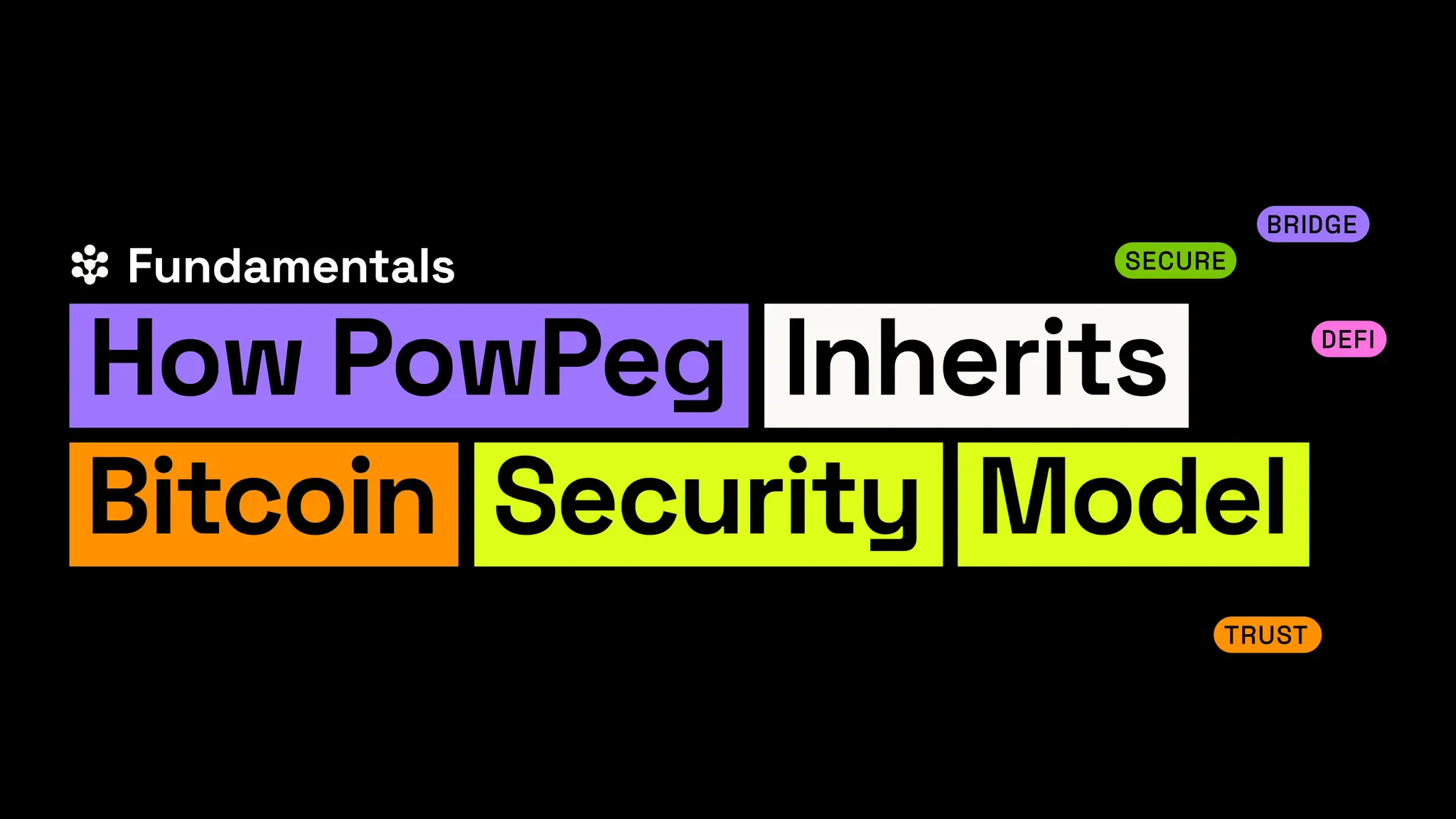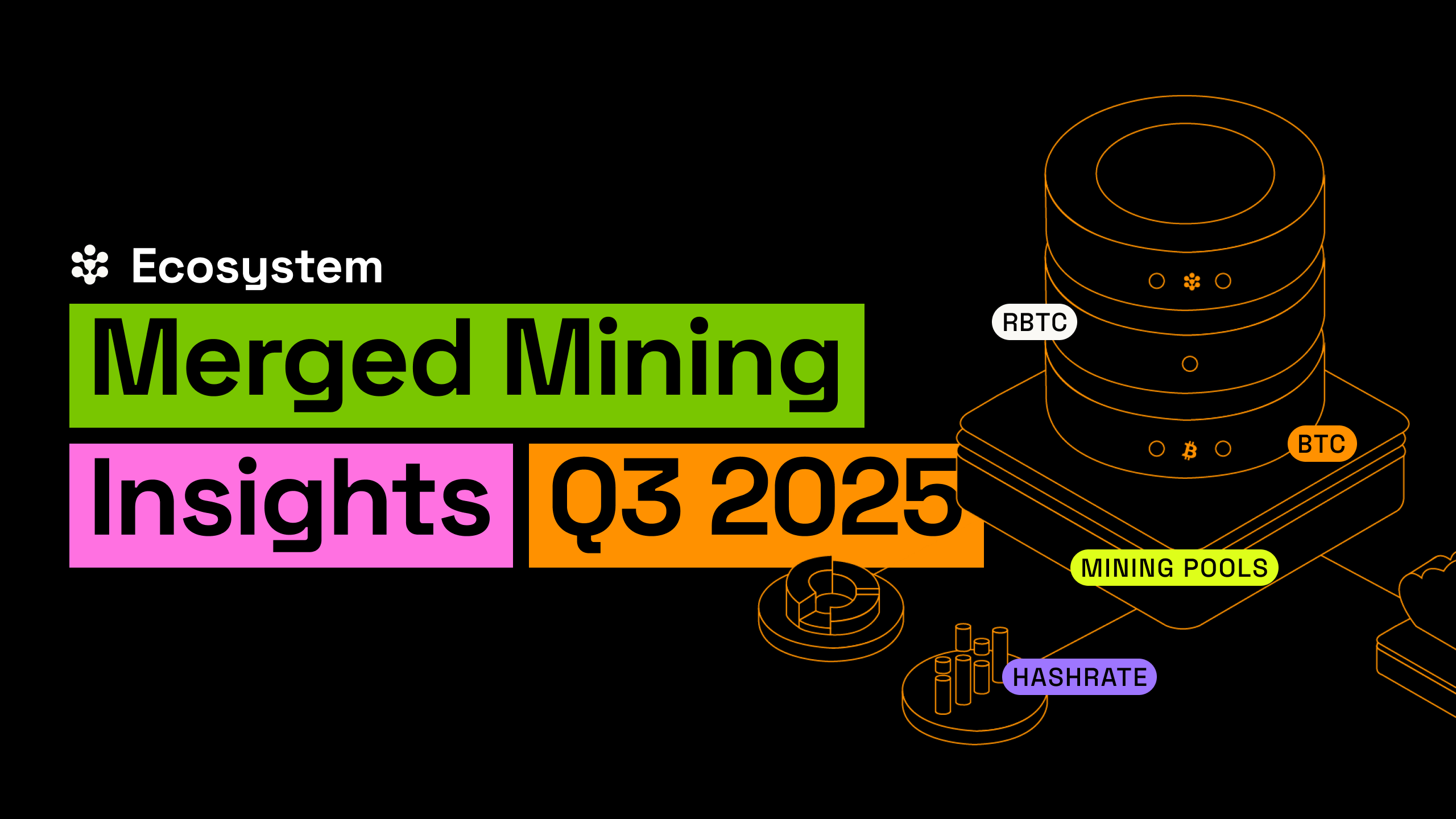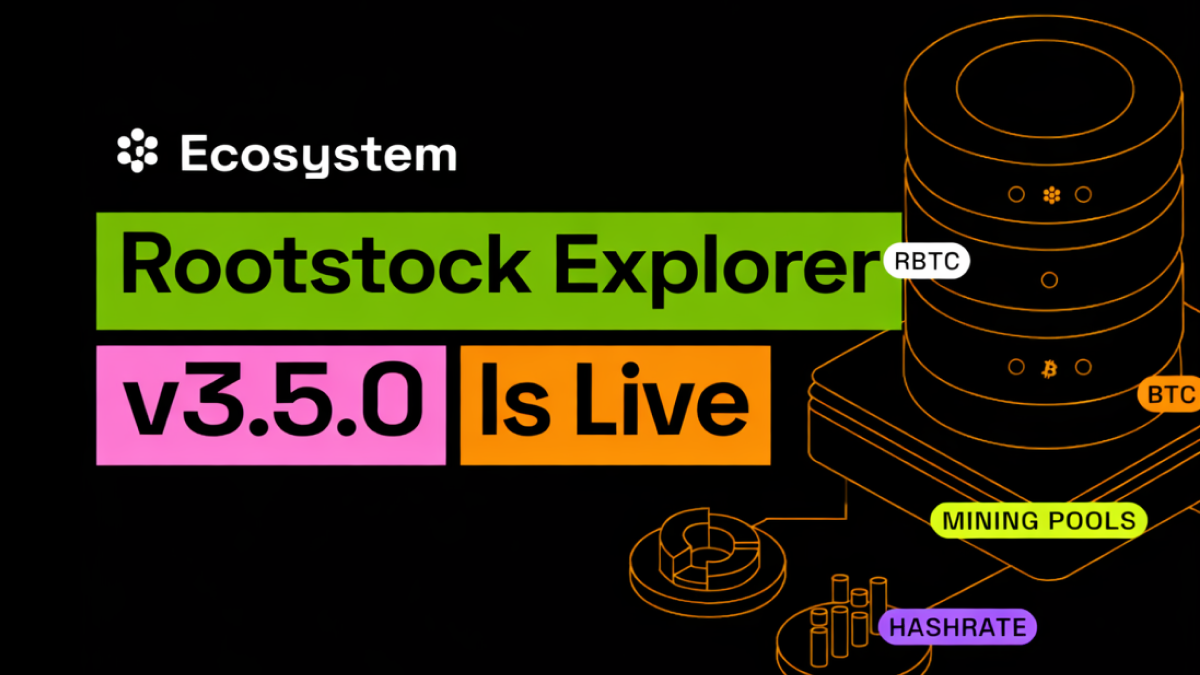A new community proposal focused on improving Rootstock’s security and compatibility with the Ethereum virtual machine.
Since Rootstock launched in 2018, a dedicated group of core contributors has continued to develop the world’s first and leading Bitcoin sidechain, focusing on increasing decentralization, security, and interoperability.
The latest network upgrade proposal is the Lovell Network Upgrade, which brings six critical Rootstock Improvement Proposals (RSKIPs) focused on enhancing security, compatibility with Ethereum, and usability.
In this article, we present a summary of the improvements proposed in Lovell, and we encourage the community to share questions and comments in the Rootstock Research Forum.
Here’s what the upgrade aims to look like:
1. Strengthening the PowPeg with Enhanced Security Protocols
The PowPeg is Rootstock’s native BTC <> RBTC bridge, utilizing a two-way peg secured by Bitcoin’s proof-of-work (PoW). This allows users to seamlessly convert BTC to RBTC and vice versa.
A key proposal in the upcoming Lovell network upgrade is RSKIP-419, which introduces the PowPeg Spendability Validation Protocol. This protocol ensures that when changes occur within the PowPeg—such as member rotations or technical upgrades—the new PowPeg’s ability to release locked funds is verified before the changes become final. By automating this safeguard, Rootstock enhances asset protection and strengthens network security.
Additionally, the PowPeg Spendability Validation Protocol lays the groundwork for future upgrades aimed at increasing the number of ‘pegnatories’ in the PowPeg, a step toward further decentralizing the Rootstock platform.
2. Improving PowPeg’s Events Data
The Lovell upgrade proposal includes two RSKIPs focused on enhancing the handling of peg-out event data within the network, aimed at ensuring the integrity of Bitcoin assets moving between Bitcoin and Rootstock.
RSKIP-427 standardizes the expression of amounts in weis during peg-out events, improving consistency and reducing the risk of errors.
RSKIP-428 introduces a new event that captures critical UTXO data for peg-out transactions, ensuring all essential information is retained for efficient processing.
These improvements are designed to enhance the accuracy of transaction data and simplify the developer experience, making it easier to build and maintain secure applications on Bitcoin through Rootstock.
3. Enhancing Compatibility with the Ethereum virtual machine
RSKIP-445 and RSKIP-446 have been submitted for inclusion in the Lovell upgrade, focusing on introducing new virtual machine instructions recently added to the EVM. These proposals aim to improve the scalability and efficiency of smart contract execution on Rootstock.
RSKIP-445 introduces the MCOPY instruction, which optimizes memory operations during contract execution. MCOPY improves memory copying performance and facilitates more efficient data structure building.
RSKIP 446 proposes adding the TLOAD and TSTORE opcodes, enabling the use of transient storage within smart contracts. This feature allows developers to temporarily store data during a transaction and discard it afterward, significantly reducing gas costs.
In addition, RSKIP-438 is a minor enhancement that limits the maximum contract code size during creation, aligning Rootstock with Ethereum’s handling of similar cases.
These improvements boost compatibility with Ethereum’s ecosystem and support Rootstock’s goal of being the best and most accessible platform for building Bitcoin-based applications.
What’s next?
The Lovell Network Upgrade represents a significant step forward for Rootstock, with several key proposals designed to enhance performance, security, and compatibility. As these proposals evolve, community participation remains essential to shaping the future of the platform. With no final decisions made yet, now is the perfect time to get involved, share insights, and help ensure the upgrade reflects the shared goals and vision of the entire Rootstock ecosystem.
Your voice matters in making Rootstock the best platform for building decentralized applications on Bitcoin.


